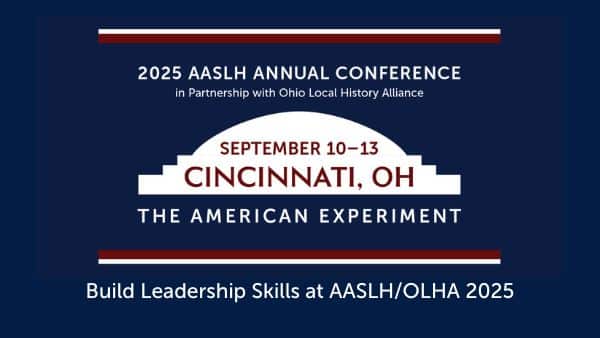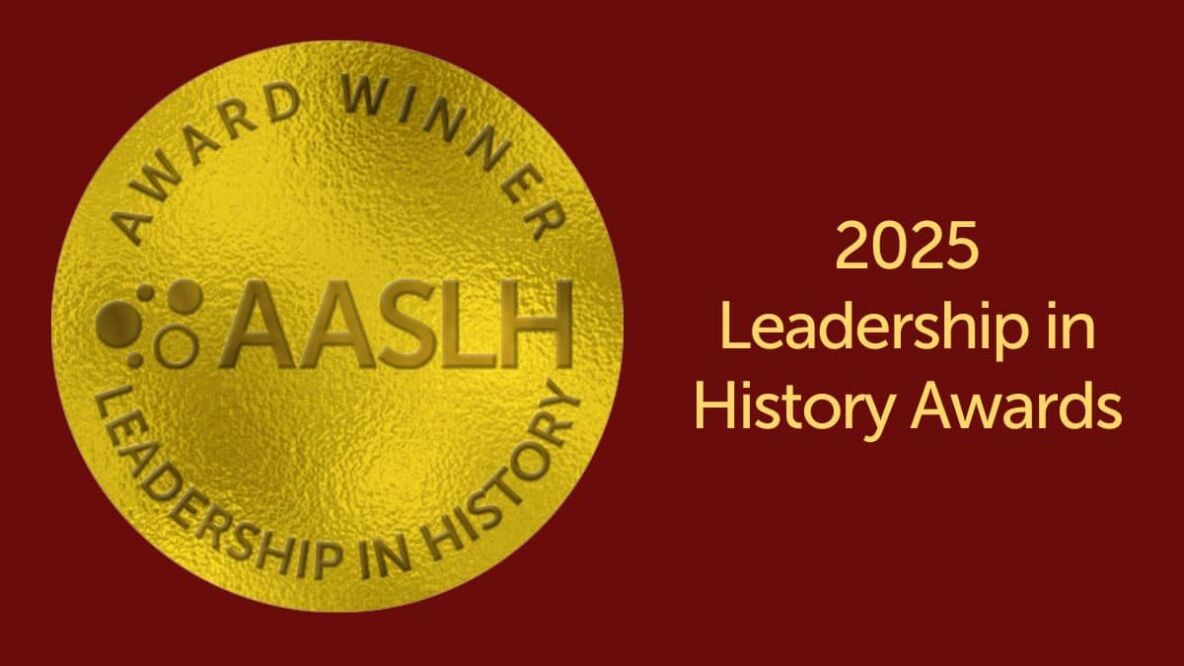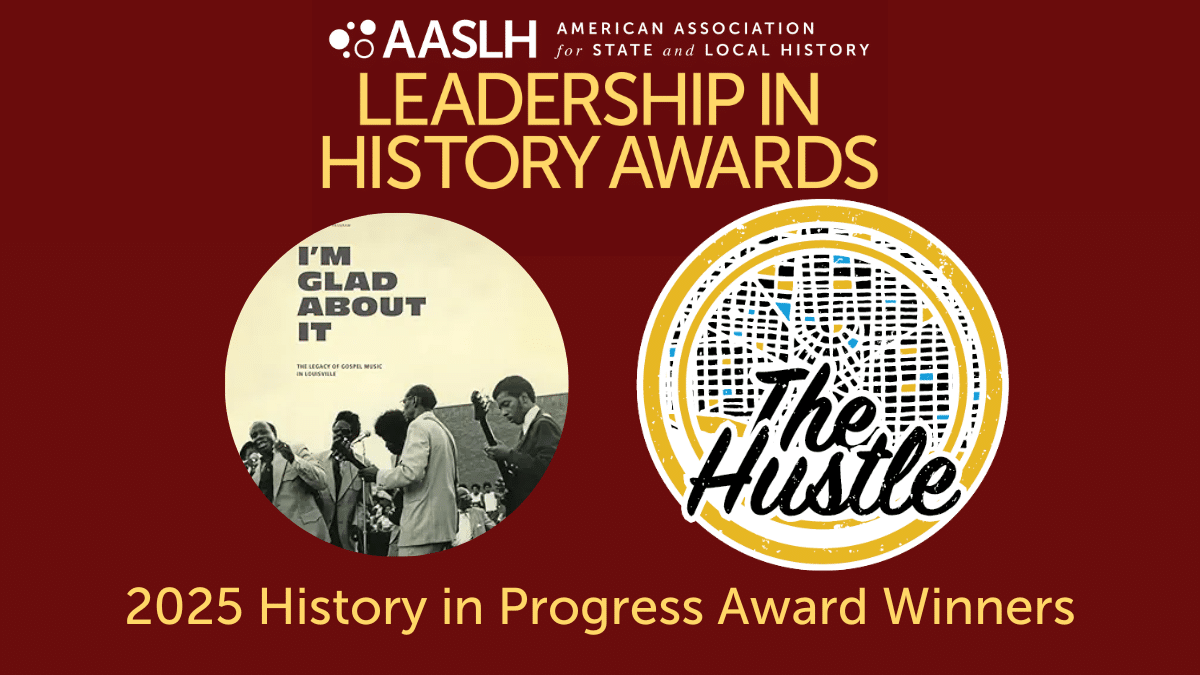Time to Talk 250th
This column originally appeared in volume 78 number 3 of AASLH’s member magazine, History News. Members always have free digital access in the Resource Center in addition to their mailed copy.
By John Dichtl, AASLH President and CEO
In about two years, the nation’s 250th anniversary on July 4, 2026 will be here. That’s close enough to start coming into focus and far enough away to let it slip off your priority list this week. But “two years away” is actually not much time to plan if you consider that most history organizations will begin their Semquincentennial-related programs weeks or months before July 4, 2026. Some states are scheduling to start commemoration activities in 2025 with the anniversary of the start of the Revolutionary War in April 1775. In fact, Massachusetts, Virginia, and other states where tea party protests occurred in 1773 or 1774 have already eased into their 250th programming. It really is time to take the 250th seriously.
Why should you care about the Semiquincentennial?
At the local, state, and national levels, the 250th presents an opportunity to engage all people in a whole, complete American history, one that tells everyone’s story and emphasizes our historical and ongoing efforts to become a more perfect union. This anniversary can encourage patriotism and civic pride in American resilience while also fostering critical awareness of and a true reckoning with our faults, past and present. We also have a chance to deepen people’s sense of belonging and their appreciation for history.
Indeed, the 250th is an opportunity to strengthen our museums and related cultural organizations by attracting new interest and investment.
What if you are outside the thirteen colonies?
Well, the anniversary is more about the ideals of the nation than the war that created it. State commissions across the country, federal agencies, and the U.S. Semiquincentennial Commission are emphasizing a commemoration about liberty, equality, participatory government, and constitutional rights. AASLH’s Field Guide and its five themes offer broad avenues for participating, wherever your history organization is located. At its core, the 250th is about a history to which all groups of people belong, whenever it was that they arrived in what is now the U.S. Another angle is to treat the 250th as the 50th anniversary of the Bicentennial. What did your community or institution do to commemorate in 1976 and how can you improve upon that?
Who is leading the planning for the 250th?
Congress and the President established the U.S. Semiquincentennial Commission in 2016, and the Commission created the America250 Foundation to do national planning. Recently America250 (america250.org) announced six major planning concepts, from a school essay contest to an oral history program to a national community service initiative. America250 is also leading the national branding and marketing campaign, rounding up major corporate sponsors, building public awareness, and planning national signature events. Simultaneously, nearly every state and territory now has a 250 commission. AASLH has been facilitating conversations among the state 250 commissions for the past several years, and it is at the state level that the bulk of 2026 activities will occur. Recently, the National Park Service released its plans for the 250th and other federal agencies are sure to follow. In short, the 250th involves both bottom-up and top-down planning, but it is up to you to find your way to connect.
How can your institution and you get involved?
Find out if your town or county already has a 250th planning group and connect to it. If it does not, think about being the one who creates it! (See AASLH’s free Technical Leaflet 300, “Forming a Local 250th Commission.”) Be sure also to learn what your state is planning. AASLH maintains a list of state 250th commissions on its website. Some have very detailed and concrete programming scheduled, and other states are just beginning their work. Remember, engaging with the 250th could simply mean repurposing an existing or planned program to fit state, AASLH, or other 250th themes and concepts.
What are some good resources to start with?
In July 2024, AASLH will publish its 250th Anniversary Programming Handbook, which will provide programmatic ideas that are low-cost and high-impact. In addition to that and the Field Guide, we maintain a variety of other resources, including recorded webinars on this topic, such as “Where to Begin?” at aaslh.org/250. Many of the state 250 commissions have excellent guides and advice on their websites as well.
What about funding?
That is the most common question we hear. No money will be coming directly from America250, though that organization has promised to help state commissions connect directly to corporate funders for one or two statewide projects. NEH will fund some 250th projects through its American Tapestry initiative. The National Park Service offers Semiquincentennial Historic Preservation Grants. And AASLH is coordinating efforts to get Congress to prioritize 250th funding so that money will flow out to the states in direct grants for redistribution. We’ll need your help in telling senators and representatives how important history, history organizations, and the 250th are. So please add that to your list!




